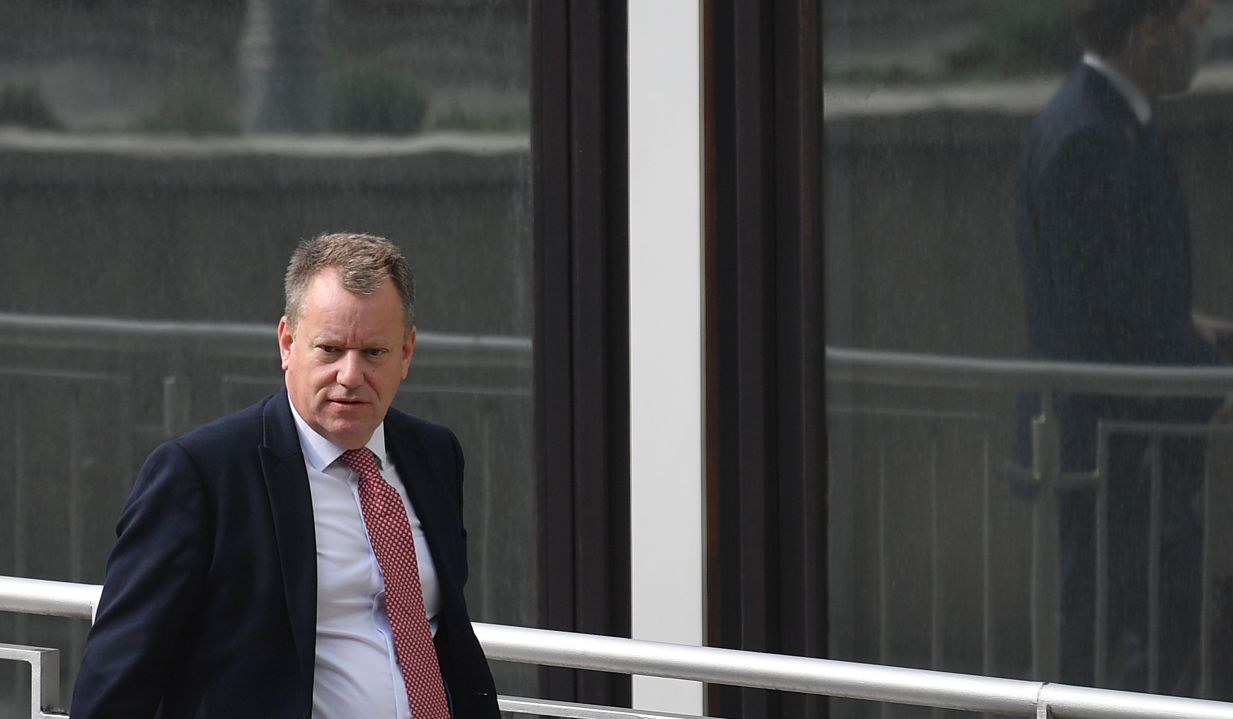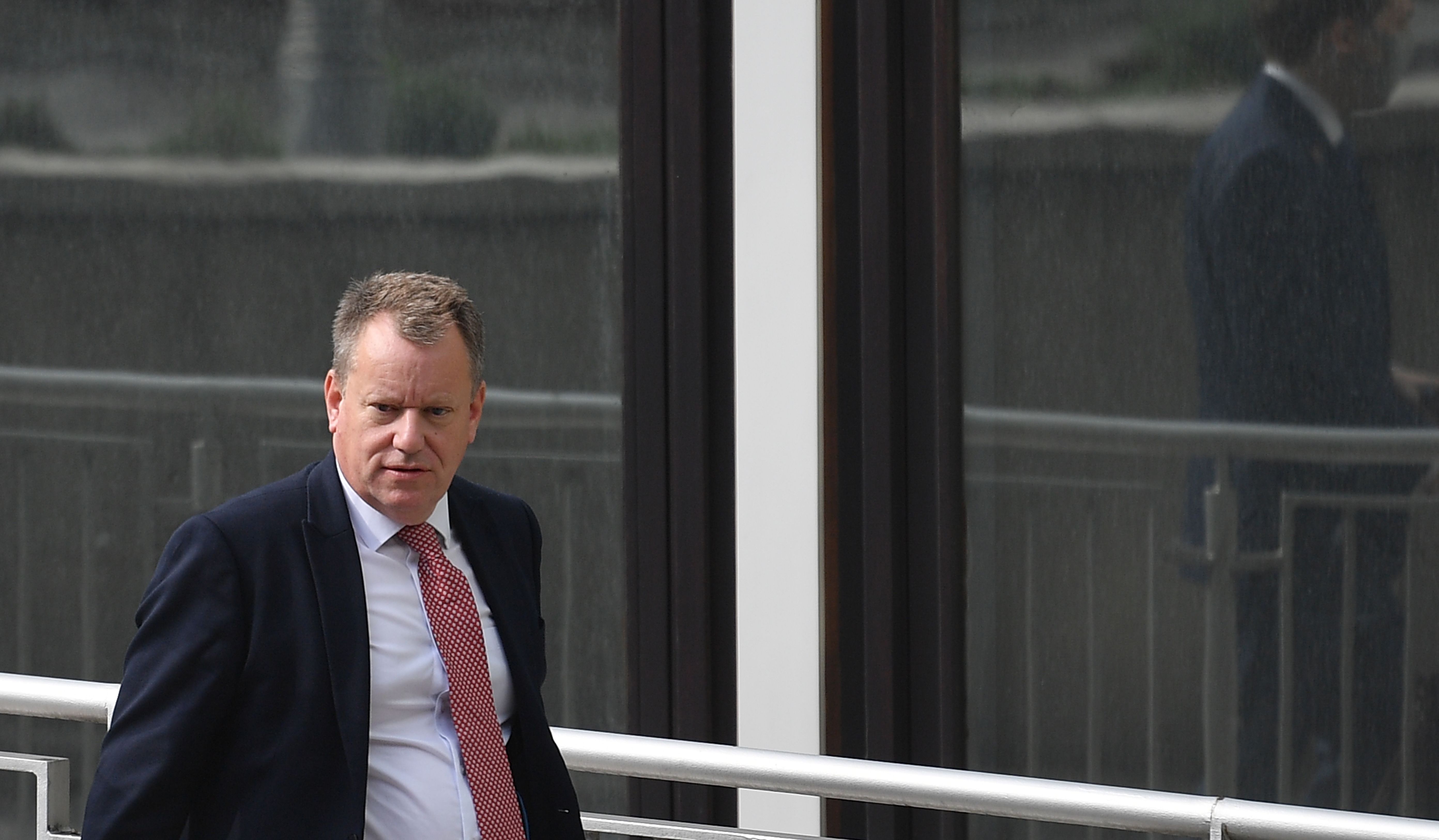The European Council conclusions issued last Thursday were a misstep by the European Union. It is positively Carthaginian to think that in a negotiation all the concessions have to come from one side. As I say in the magazine this week, No. 10 has seized on this overreach to push, not only for concessions on the process — Michel Barnier has offered to ‘intensify’ the talks and start working on a legal text, a long-time British ask — but also a recognition that both sides will have to compromise.
The Prime Minister’s appetite for risk is greater than most of his cabinet ministers
Barnier offered that in a speech to the European Parliament on Wednesday. He and Frost spoke yesterday and the talks will resume this afternoon with the sides working towards a joint legal text. But this won’t be the end of the drama. No. 10 is always inclined to ratchet up the tension in any given scenario. It, and particularly the Vote Leave alumni working there, believe that one of their strengths is that in high-pressure situations, they stay calm while others panic.
The Prime Minister’s appetite for risk is greater than most of his cabinet ministers, who are (including some surprising people) very much in deal mode. If Johnson brought back a Brexit deal, his cabinet would be relieved rather than nervous about what had been conceded. Johnson often declares that ‘I’m the toughest member of the cabinet’ when it comes to Brexit. This is true. No one around that table is more prepared to take the risk of leaving without a trade deal.
One of those close to the negotiations still believes that an agreement is more likely than not. But the tactics make it very unpredictable. Both sides are trying to pressure each other, leading to what one minister calls a ‘crazy game of chicken’. It’s still possible that one side will end up miscalculating.








Comments